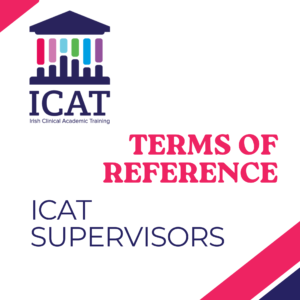Supervisor Database Search
Guidance for ICAT Supervisors
Supervisor Database
Full NameDr Jeff O'Sullivan
- cancer/oncology
- Dentistry
- Oral and Maxillofacial Medicine
- Oncology
As the only non-clinical scientist focused on oral cancer in Ireland, the main direction of my research is to drive the development of high-level mechanistic and theranostic research in an underrepresented field in cancer biology. Work ongoing in this group includes the further understanding of the biochemical and carcinogenic mechanisms ongoing in oral cancer and dysplasia and the development of novel biomarkers and chemotherapeutic alternatives aiding in the rapid detection and resolution of oral cancer.
recent publications showcasing the work undertaken by both clinical and non-clinical graduate students in the group can be found here: https://scholar.google.com/citations?user=jHlbzxQAAAAJ&hl=en.
Iron also exerts a multifaceted role in the context of oral cancer (Ibrahim & Sullivan, 2020), influencing various aspects of the disease's development and progression. On
one hand, iron is an essential micronutrient required for numerous cellular processes, including DNA synthesis, energy production, and oxygen transport. However,
dysregulation of iron metabolism can lead to oxidative stress and the generation of reactive oxygen species (ROS), which contribute to DNA damage and promote
carcinogenesis (Richie et al., 2008). Some studies have indicated that mild iron deficiency (low levels free iron and transferrin) is associated with increased risk of oral
cancer. While, elevated levels of iron have also been associated with tumor growth, angiogenesis, and metastasis, highlighting its involvement in disease aggressiveness.
Moreover, iron overload in the oral mucosa can exacerbate inflammation and impair immune responses, further enhancing tumor progression.
Overall aims:
1. Study the effects of dietary iron on oral health with an emphasis on the carcinogenic transition in oral squamous cell carcinoma.
2. To analyse data from the National Adult Nutrition Survey (2008-2010) and develop scenarios for both potential under- and over-exposure to dietary iron allowing the
determination of potential impacts on oral health.
3. Develop a robust mathematical model describing iron flux, specifically in the context of oral cells/tissues.
4. Identify modulation of iron homeostasis in deficient and supplemented cohorts through the use of laboratory based cellular models.

